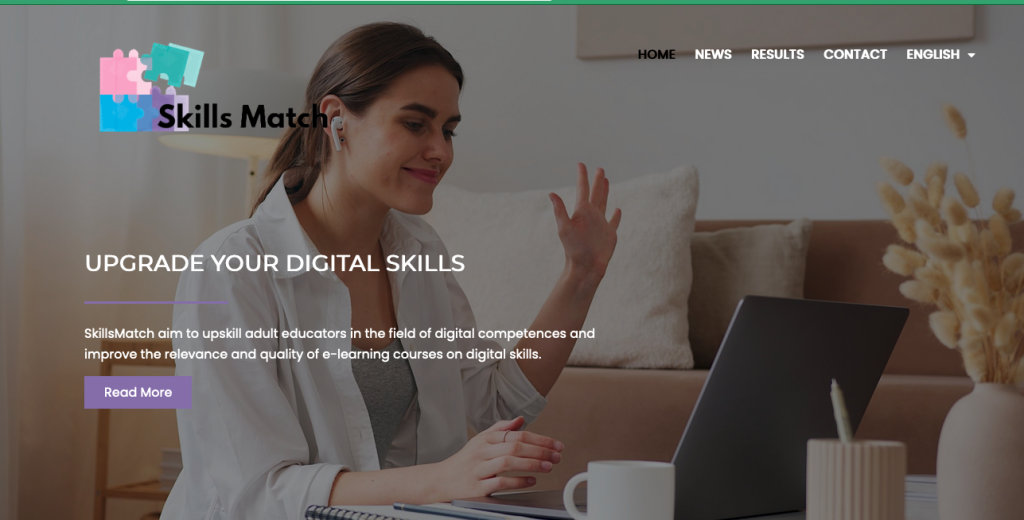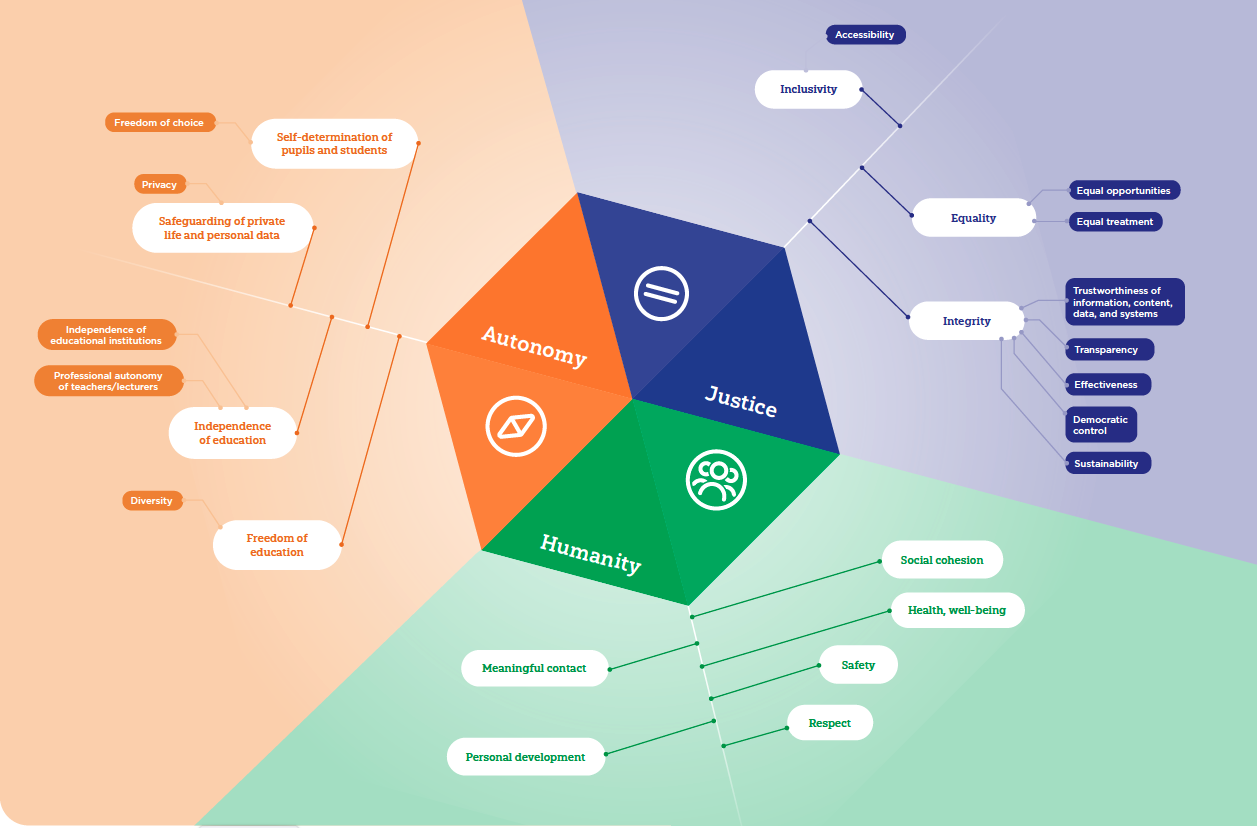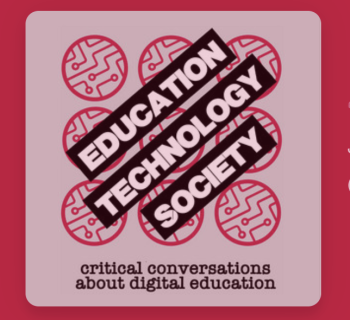
The EU Eramus+ supported SkillsMatch project is coming towards its end. And its time to think about what we have learned from the project - what worked, what didn't, what could be done better in the furture.
The project which involved partners from five European countries, was focused towards teachers and trainers. Repeated research exercises have suggested that teachers and trainers are not opposed to using technology - in fact more the reverse - but that they want support and continuing professional development to learn how to use new technologies effectively for teaching and learning.
Our plan was to use technology to provide access to such training and support. There are essentially three parts to the SkillsMatch products. The first is a self assessment of teachers present knowledge and skills and of what areas they need more learning and practice. This is based on the DigCompEdu Framework developed by the European Union Joint Research Council which details competency statements in five different rareas central to teaching and learning.
The second is a list of possible online courses which can possibly meet training needs identified through the self assessment tool. My own experience in S[pain surprised me with the difficulty in finding online courses, especially those with flexibility for people working full time. The online course list is dynamically generated and should update as new courses become available.
The third 'products' are Learning Nuggets based on a Microlearning approach of e-learning and include short learning modules to enable a more interactive and self-directing learning method for adult educators. The learning nuggets have a maximum duration of about 10 minutes each and include a variety of learning materials such as videos, infographics, short assessments, factsheets, etc.
The Skillsmatch partnership identified the areas of the DigiCompEdu framework, which are least represented in the market of e-learning courses for adult educators and based the development of the learning nuggets on the following areas:
1) Professional Engagement
2) Digital Resources
3) Teaching and Learning
4) Assessment
5) Empowering Learners
6) Facilitating Learners' Digital Competences
We have translated the Learning Nuggets into five different languages - a task which even with the help of tools like DeepL took a lot longer than I expected.
I'm not sure we got everything right and we were probably too ambitious in terms of the number of Learning Nuggets we would produce. And inevitably with the development being divided between different parts, there were different ideas as to just how they should be written and structured.
However, I have been pleasantly surprised by the reaction from teachers and trainers to whom I have seen the different tools. The self assessment tool has been generally well received. Th available courses are seen as a useful idea but limited in their present development. And there seems to be genuine interest in the idea of short learning modules, be they called nuggets or anything else. So there is plenty to reflect on here and to think how such provision for teachers and adult educators can be extended and mainstreamed in the future.
Try it yourself
The different tools can be accessed from this web page.








